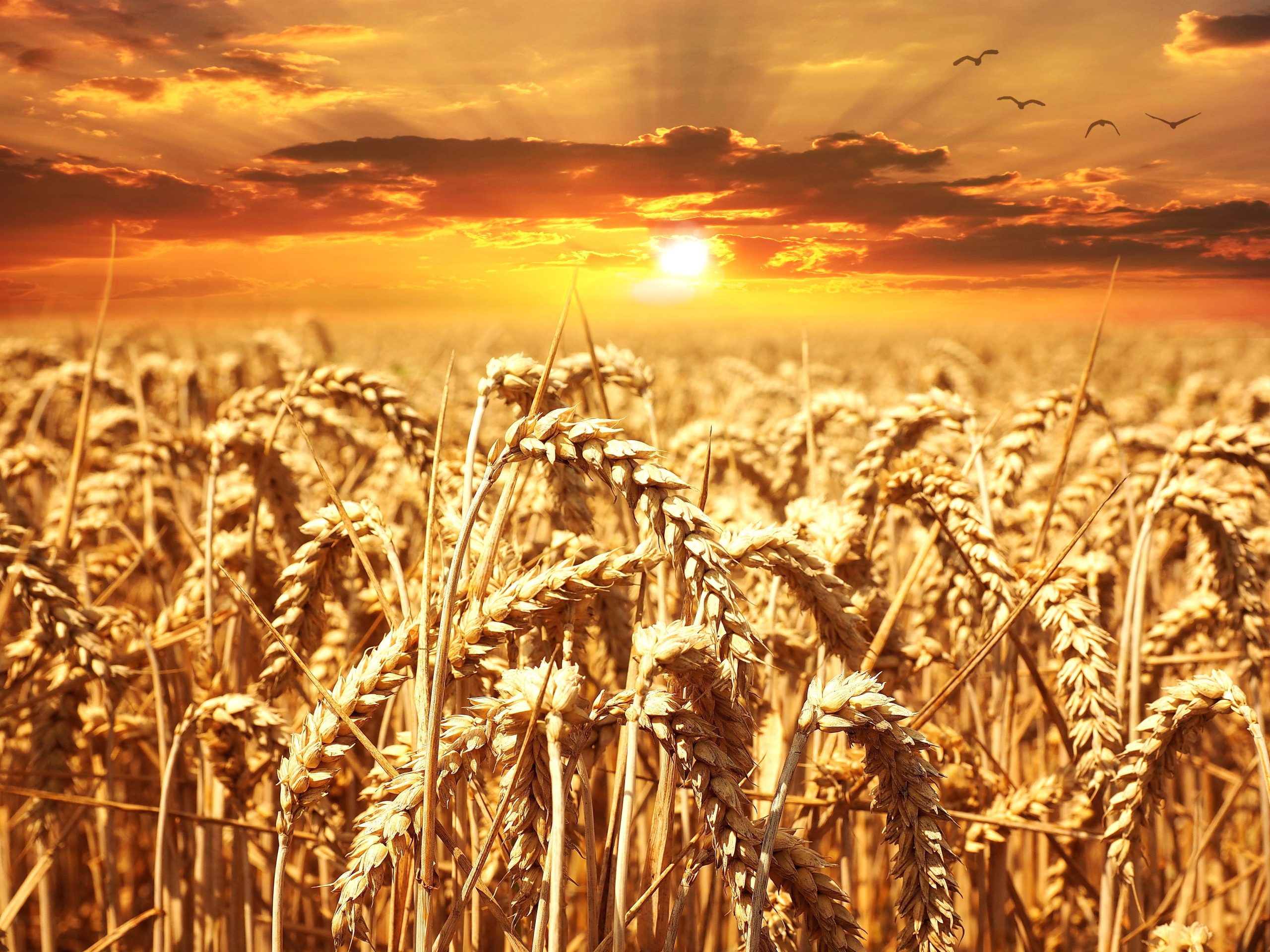
Farming has two factors that we must live with and have no control over: the weather and the government. Jokingly, I often say that I have better luck trying to control the weather. The following factors have a direct, negative influence on winter wheat growers.
A major milling company is importing wheat into the East Coast of the United States because it is cheaper to do so instead of sourcing it in our country. You might ask, “Why is it cheaper to do so?” For some reason, ocean freight for wheat from Europe is cheaper than rail freight from Kansas to the East Coast. As a side note, wheat per bushel is more expensive than other commodities shipped by rail by 25 cents per bushel. Wheat farmers started years ago in this country working with the railroad. Now it is more like a farmer is paying the railroad to work for the railroad.
Another interesting fact is that a large supporter of commodity agriculture is a cooperative, partially owned by farmer cooperatives, that is putting in a loadout facility in Australia to source hard white winter wheat in Australia to be sold in Asia. In doing so, it’s as if we wheat farmers are competing against ourselves.
A major commodity player that was instrumental in promoting hard white winter wheat in southwest Kansas has withdrawn from that commitment and sold its share of the business there. This has caused some elevators in western Kansas to pay less per bushel for hard white wheat than for hard red. Some pay 5 cents less, some 15 cents less and at least one pays a dollar less. This is eliminating hard white wheat production. It is a major crop that Kansas, among other states, needs to capitalize on.
Our government at times also works against the American farmer through the U.S. Agency for International Development office. There are times when rather than purchasing U.S. commodities for donation, USAID has purchased commodities for food donations from other countries. Our government recently purchased 300 rail cars of commodities for the Ukraine.
There have been no new trade agreements for several years while other countries are making them.
The things listed above, along with higher interest rates, are just a few of the obstacles that American farmers are facing. The sad situation is that many of those happenings have been brought about through the actions of our own industry partners. These obstacles need not take place.
Ron Suppes is a farmer from Dighton, Kansas.




